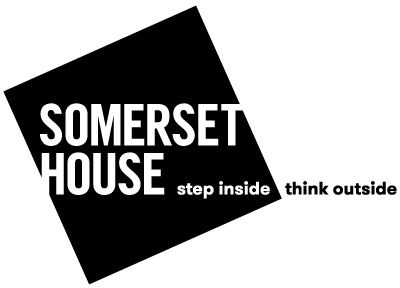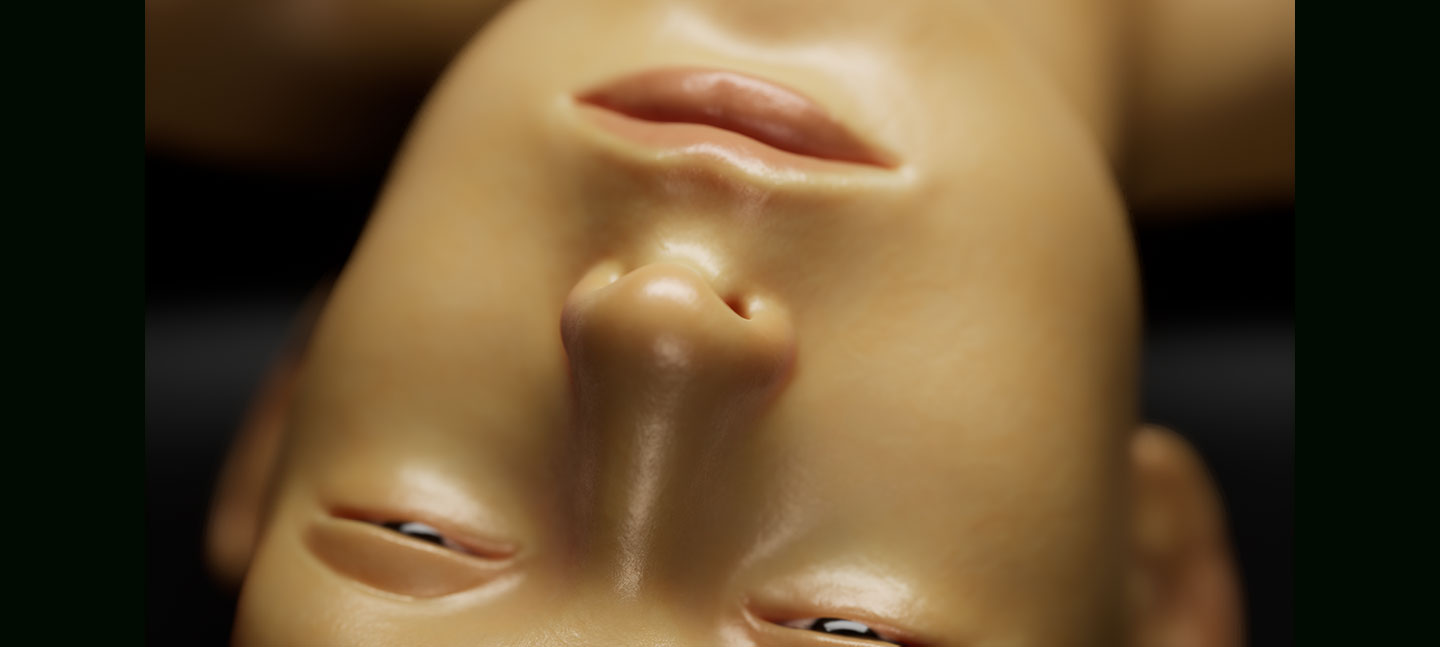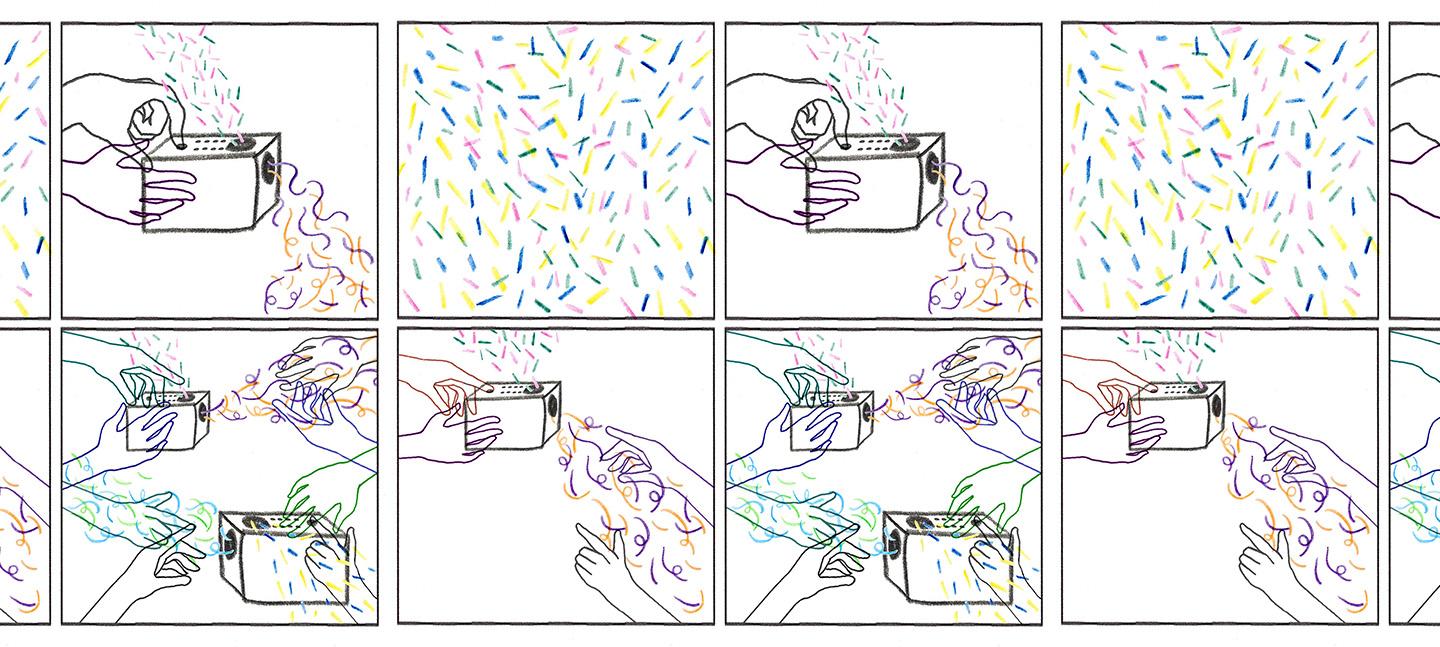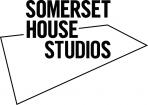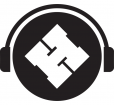With the instrument, you are able to capture sounds around you (your voice, another musical instrument, environmental noises etc.). The instrument provides an interface that lets you play back the sampled sound based around a musical, pentatonic scale. This allows for a wildly expressive sonic palette that can be used for musical performance and sound art installations.
Over the course of this two-day workshop, we will build the hardware and software for this instrument. This workshop is designed for beginners in both, allowing you to leave with your own hand-built instrument.
On the the first day we will assemble the hardware, including some soldering. We will use the Raspberry Pi hardware to create our own hardware interface for our instrument.
On the second day, we will look at the software and program our own modifications. We will take a look at the software that runs the Raspberry Pi, including the Linux operating system. We will look at the Python programming language for OSC communication, and Pure Data for sound synthesis. We will then look at using Pure Data for sound sampling and musical playback. At the end of the day we will take our instruments outside into the city and play music with the sounds in the environment.
The workshop costs £110.00 and includes all the parts that you will need to assemble the instrument. All tools will be supplied. Participants will need to bring their own laptops for the second day. It should have Wifi or an Ethernet card with your own Ethernet cable.
Following the workshop, Johann will present a free Artist Talk on 25 June.
Johann Diedrick makes installations, performances, and objects that let people play with sound. He shares his work through workshops, listening tours, and open-source software and hardware. He received the Asian Cultural Council 2016 Fellows grant and has been featured in Wire Magazine and Musicworks Magazine. He has exhibited internationally in numerous group exhibitions, conferences and festivals, including the Soundscapes symposium at Yale University, the NIME conference in Daejeon and Seoul, Korea, and the Invisible Places conference in Viseu, Portugal. He studied at the ITP program at Tisch School of the Arts at NYU focusing on sound art. He was a researcher at the InterLab at the Yamaguchi Center for Arts and Media (YCAM) in Yamaguchi, Japan and worked as an interactive software developer at Qosmo in Tokyo, Japan. He is currently a senior developer at the Metropolitan Museum of Art in New York City.
If you have any questions about this event or any of our workshops please contact workshops@musichackspace.org.
We can offer a student discount of 10% off this workshop. Please email Music Hackspace for a discount code.
The venue is located on the ground floor of Somerset House and is fully wheelchair accessible with an accessible toilet. If you have any other access requirements, please let us know and we will do our best to accommodate them.
Illustration by Seo Hye Lee.
